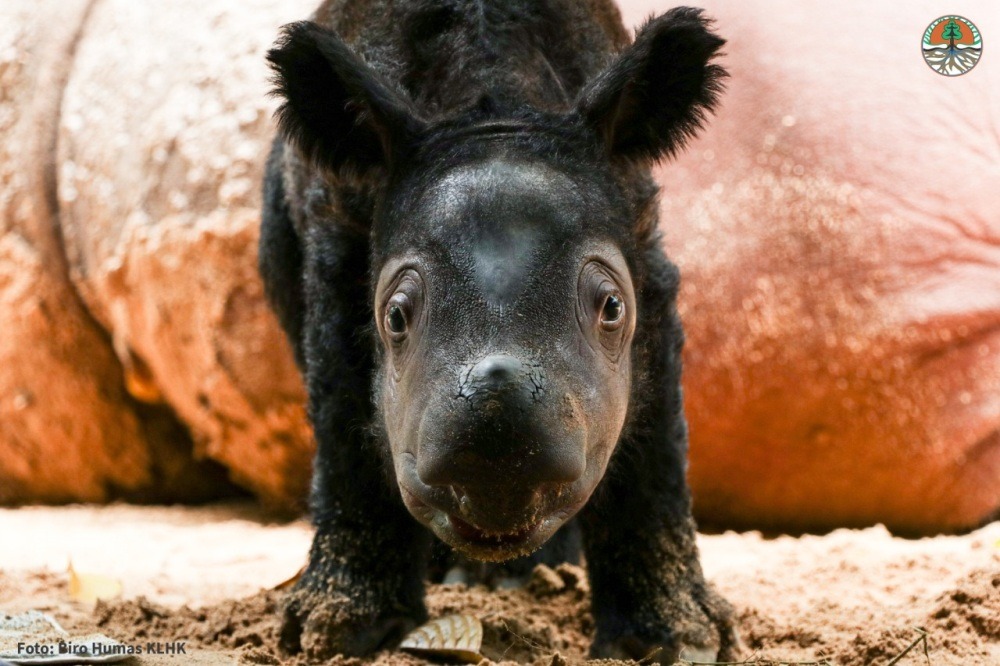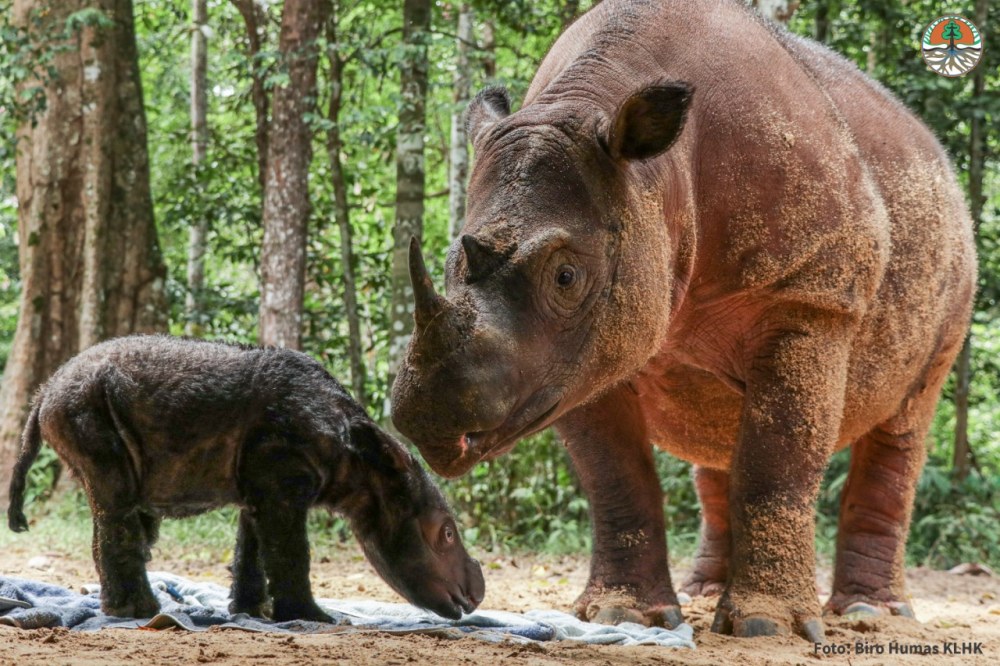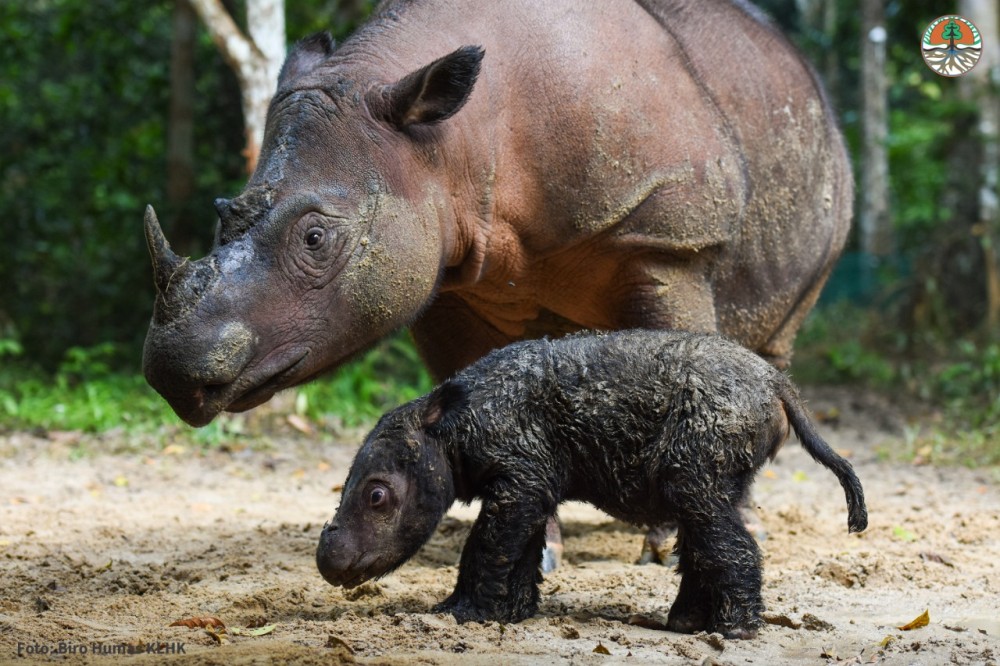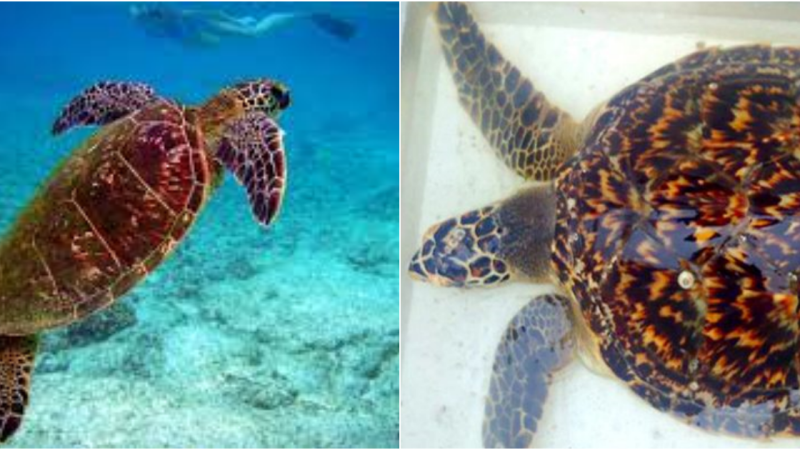A Glimmer of Hope for the Critically Endangered Sumatran Rhino
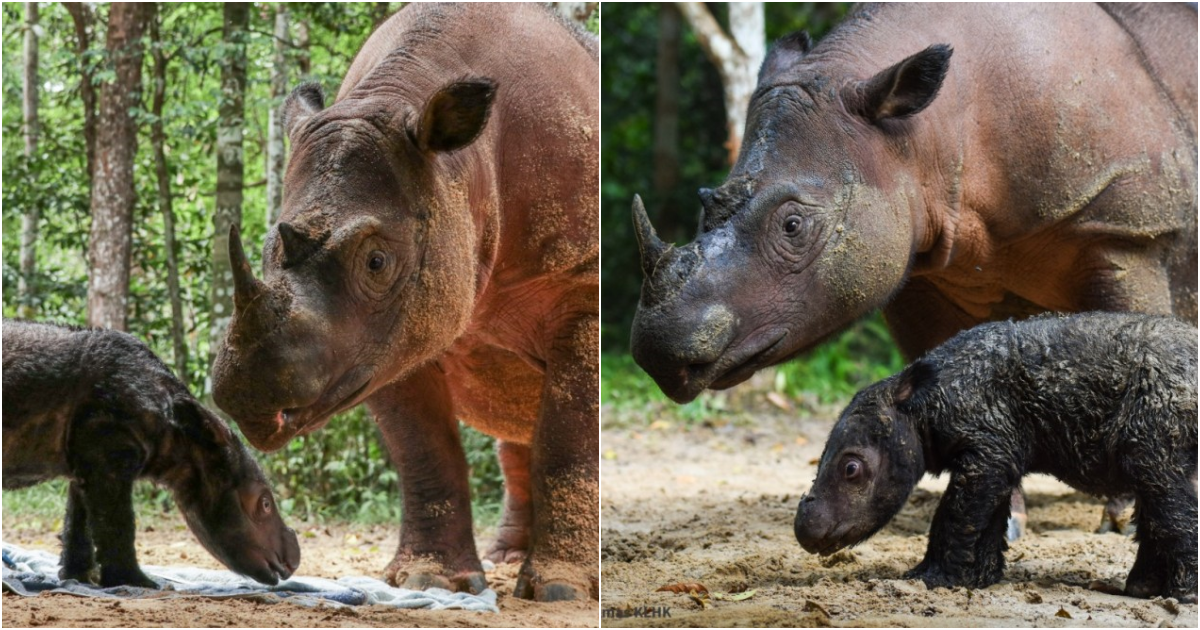
In a world where there are barely 80 remaining wild Sumatran rhinos, the recent birth of a female calf brings new hope for the species. The Indonesian government proudly announced the arrival of this new member in the Sumatran Rhino Sanctuary, a species with fewer than 80 individuals left in the wild. According to the World Wildlife Fund, the Sumatran rhino (Dicerorhinus sumatrensis) is the most endangered of all five rhino species, listed as severely endangered by the International Union for Conservation of Nature (IUCN) Red List.
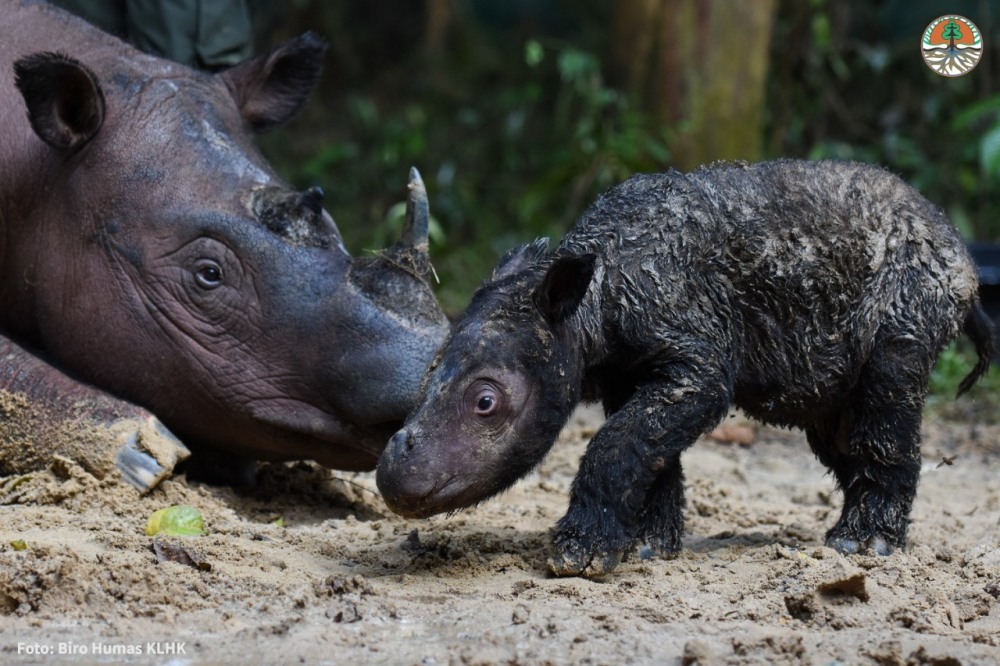
Once thriving in China, Malaysia, Thailand, Indonesia, Laos, Myanmar, Bangladesh, Bhutan, and India’s jungles and marshes, the species can now only be found in Indonesia after the deaths of the last two known Sumatran rhinos in Malaysia in 2019. Their numbers have drastically declined in the past 30 years, mainly due to poaching epidemics, leaving less than 80 individuals in the wild and just 8 in captivity. This birth at the Sumatran Rhino Sanctuary marks a significant milestone in their conservation efforts and provides a ray of hope.
Established to ensure the Sumatran rhino’s existence and prevent extinction, the Sumatran Rhino Sanctuary is now the only place where the species can reproduce naturally with the aid of cutting-edge technology and international specialists. The surviving Sumatran rhinos are carefully cared for and fed within the sanctuary, where they reside in broad, open forest regions mirroring their native environment.
The mother of the newborn calf is named Rosa, and the father is Andatu, who was also born under the conservation breeding program. Rosa’s journey to motherhood was not an easy one, as she had previously lost eight pregnancies. This successful birth is a major achievement and marks the first time a Sumatran rhino has been born from parents involved in a conservation breeding program.
The Indonesian government and conservation partners are working tirelessly to boost the Sumatran rhino population, making every newborn individual critically important for the species’ survival. Rosa’s sociable nature sets her apart from other Sumatran rhinos, known for their shyness and solitude. Despite this species’ tendency to avoid humans, Rosa grew accustomed to living and feeding among them, leading to her relocation to the Sumatran Rhino Sanctuary under the watchful eyes of a special force dedicated to her protection.
Both Rosa and her calf are yet to be given names, but the International Rhino Foundation will keep the public updated on their progress, possibly revealing their names at any time.
Though rescuing a species on the brink of extinction demands immense effort and perseverance, the birth of this baby rhino instills hope for the Sumatran rhinos’ future. With surviving populations so small, each individual makes a significant difference, according to Nina Fascione, Executive Director of the International Rhino Foundation.
“We will do whatever is necessary to safeguard the continuation of this species that Rosa and her foal represent,” she emphasized, highlighting the crucial importance of preserving and protecting these magnificent creatures for generations to come.
